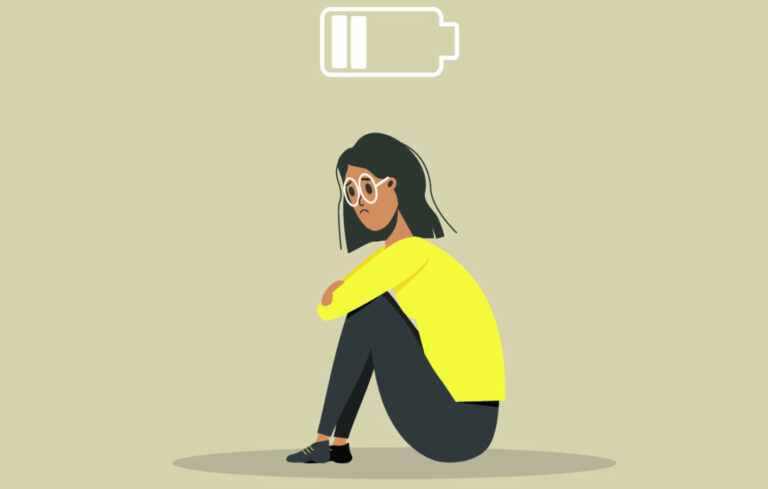Written by Ronny Bachrach
As both a patient of chronic illness and a caregiver for someone with a rare chronic illness, burnout is a real challenge to contend with. Life can often feel like a rollercoaster of highs and lows.
While chronic illness is hard, even navigating our healthcare system as a relatively healthy person is exhausting.
Navigating healthcare often includes, but is not at all limited to, long lines at the pharmacy, long hold times with insurance, long waits to get appointments, long waits when you get to the appointments… Sometimes it can feel more like an Iron Man race than a marathon. And a costly one, at that.
That can be taxing on anyone.
A few ideas come to mind when I consider how to reduce the feelings of burnout.
- Get organized
- Do yourself favors when and where you can
- Do you take or give multiple medications throughout the day? Make yourself a sheet to check off each time you give a med
- Does your insurance offer prescription delivery?
- Can you get a three-month supply of meds instead of a one month supply?
- This one can be a little tricky if you have many medications to fill, but that’s what makes it so helpful… Ask the pharmacist to sync up your refills. It may take several months to get them at the same time, but it’s much nicer than making multiple trips a month
- Coordinate with your pharmacist is to ask them to put your regular prescriptions on auto-refills
- This last one is tough for me but it really helps: book your next appointment(s) early, preferably while you’re still in the office
It’s also helpful to connect with your community. Feeling different from others can carry a weight that we don’t always realize we’re toting around. Find other patients like yourself or other caregivers. Talking with other people who understand the things that you go through can create an immeasurable amount of relief.
I recently had a friend with gestational diabetes tell me that she never realized how much of a burden diabetes is. It’s like a full-time job. Calculating insulin, considering activity, carbs, stress, hormones, timing of your next meal – it’s consuming. Despite knowing that to be true, it felt validating to hear someone else tell me that was the case.
Check social media for support groups, find out if your illness foundation(s) have community events, and even ask your physician’s office if they have information regarding patient and family support groups. Another resource would be to try therapy with a trained professional who has experience working with medical burnout.
Interestingly, it’s been much easier to connect with parents of a rare chronic illness rather than my own – far more common – chronic illness.
The lows of burnout can be really tough to deal with. But I’d encourage anyone experiencing it to feel your feelings. It sucks to have the burden of illness on you or someone in your household, and it’s ok to feel tired or down about it sometimes. But the important thing is to acknowledge it and then use whatever tools or ideas you have to make it more tolerable, more bearable, so you can overcome and get back to the good times.


